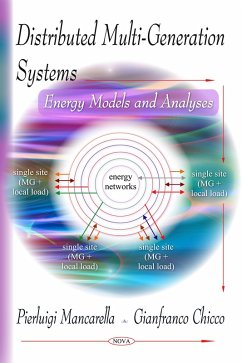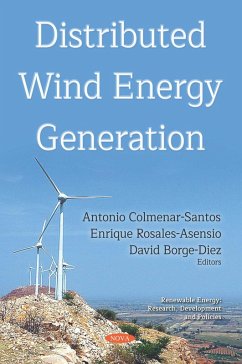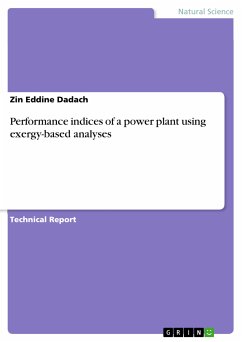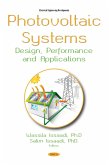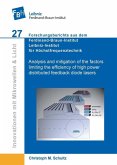The recent development of distributed generation technologies is changing the focus of the production of electricity from large centralized power plants to local energy systems scattered over the territory. Under the distributed generation paradigm, the present research scenario emphasises more and more the role of solutions aimed at improving the energy generation efficiency and thus the sustainability of the overall energy sector. In particular, coupling local cogeneration systems to various typologies of chillers and heat pumps allows setting up distributed multi-generation systems for combined production of different energy vectors such as electricity, heat (at different enthalpy levels), cooling power, and so forth. The generation of the final demand energy outputs close to the users enables reducing the losses occurring in the energy chain conversion and distribution, as well as enhancing the overall generation efficiency. This book presents a comprehensive introduction to energy planning and performance assessment of energy systems within the so-called Distributed Multi-Generation (DMG) framework. Typical plant schemes and components are illustrated and modelled, with special focus on applications for trigeneration of electricity, heat and cooling power. A general approach to characterization and planning of multi-generation systems is formulated in terms of the so-called lambda analysis, which extends the classical models related to the heat-to-power cogeneration ratio analysis in cogeneration plants. A unified theoretical framework leading to synthesize different performance assessment techniques is described in details. In particular, different indicators are presented for evaluating the potential energy benefits of distributed multi-generation systems with respect to classical case of separate production and centralized energy systems. Several case study applications are illustrated to exemplify the models presented and to point out some numerical aspects relevant to equipment available on the market. In particular, schemes with different cogeneration prime mover typologies, as well as electric, absorption and engine-driven chillers and heat pumps, are discussed and evaluated. A number of openings towards modelling and evaluation of environmental and economic issues are also provided. The aspects analysed highlight the prominent role of DMG systems towards the development of more sustainable energy scenarios.
Dieser Download kann aus rechtlichen Gründen nur mit Rechnungsadresse in A, B, BG, CY, CZ, D, DK, EW, E, FIN, F, GR, HR, H, IRL, I, LT, L, LR, M, NL, PL, P, R, S, SLO, SK ausgeliefert werden.

